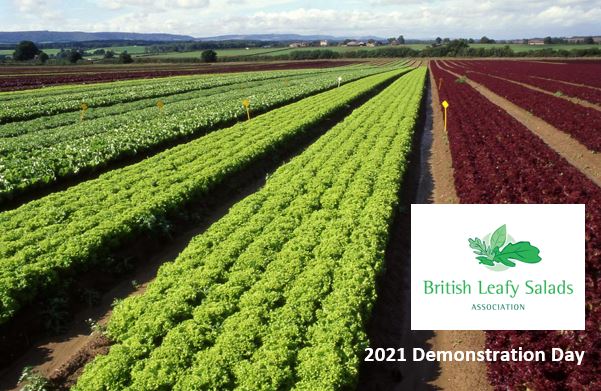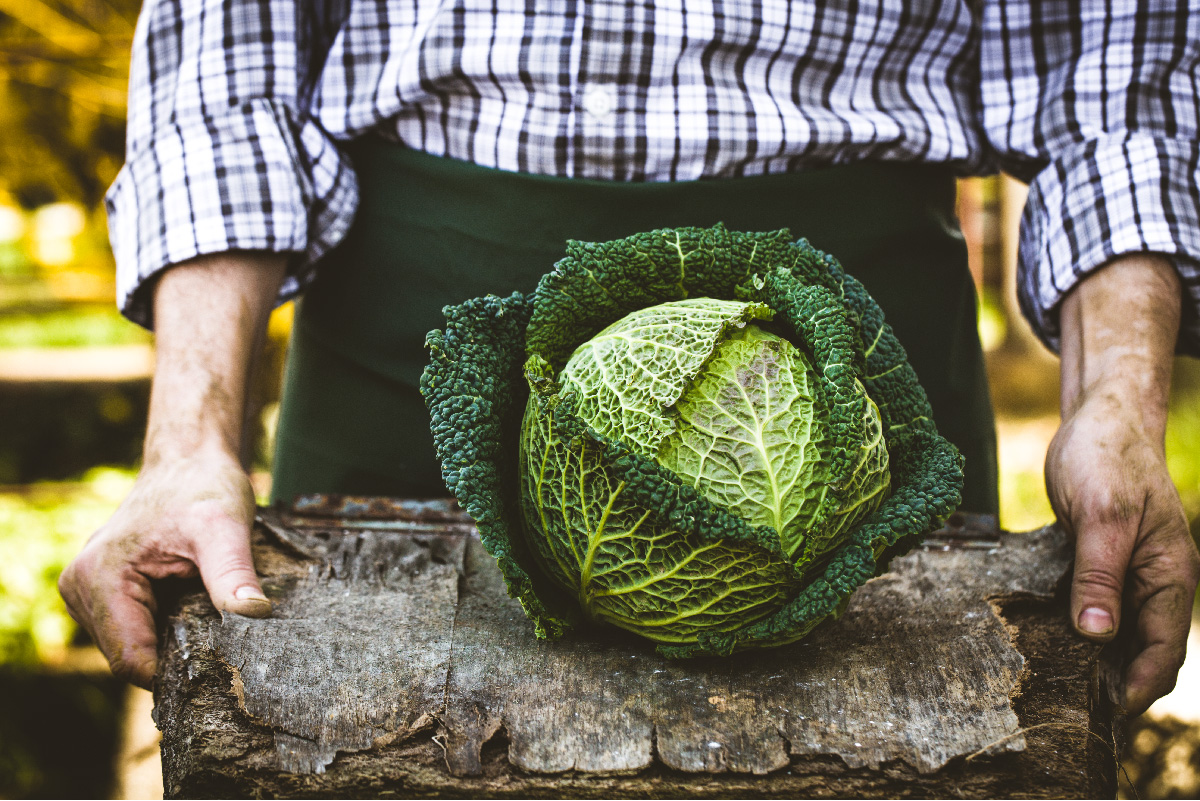
Foreword Jack Ward, CEO British Growers
We should be entering a golden era for our sector. Rising awareness of the importance of vegetable and fruit in the diet, increased consumption off the back of the pandemic, strong support for increasing the production of vegetables and fruit from the National Food Strategy and yet it feels nothing like a golden era – in fact the complete opposite.
This is undoubtedly the most difficult period for growers since I joined British Growers seven years ago. Labour availability, escalating costs, difficulties in getting hold of essential inputs, the list of problems seem to grow by the week and it’s not evident the Government has a plan to get us out of this situation.
Grower meeting and the future for Research and Development
Earlier this week we held a meeting for Crop Associations to discuss the future for R&D. Phil Pearson, Chair of the Grower Better Levy Group explained the Group’s thinking on possible options to ensure a pipeline of R&D in the future
A more detailed summary of their proposition can be found here.
Ian Smith who leads the AHDB team within Defra explained the current Defra thinking. Defra is planning a consultation starting in early October and running for 6 weeks. The main focus will be on changes to the statutory instrument to implement the outcome of the ballot – an end to a compulsory levy. The consultation is also likely to include something on how best to continue the work on EAMUs although we understand AHDB is in a position to continue the EAMU work until the end of 2022.
We will keep you posted with details of the consultation as soon as it is published.
National Food Strategy
Sometimes you need a bit of positive news. So, it was good to see the National Food Strategy pick up on several of the ideas sent to them by British Growers.
- Fresh produce is the sector of primary food production where growth most squarely aligns with the national interest.
- There are clear opportunities for UK growers to secure a greater share of the UK
- Defra should adapt the best elements of the EU Fruit and Veg Scheme to create a package of investment that aligns more closely with Government, consumer and grower
- Fruit and vegetable production should be supported by a wider programme of investment to boost horticultural productivity sustainably, creating a less bureaucratic, more inclusive and better funded successor to the previous EU Fruit and Vegetable Regime.
We have recently written to Defra Ministers asking for a meeting to explain our thinking about how Defra could use its new policy freedom to provide more encouragement and support for the sector.
Labour
The labour shortages have been well documented and widely reported. The issues experienced by growers this season have surpassed all others, poaching of staff including both permanent and seasonal; workers turned back at the Border because Border Forces staff don’t like their paperwork; difficulties getting the two new SWPs agencies up and running and delays in recruiting and issuing visas, Covid restrictions; increasing reluctance for EU workers to return to the UK even with settle status visas. The list goes on and on.
Earlier this month several industry organisations led by the NFU and Food and Drink Federation published a comprehensive report ‘Establishing the labour availability issues of the UK Food and Drink Sector’ which spells out very clearly the labour issues affecting all parts of the UK Food industry including the problems surrounding seasonal labour.
We have subsequently written to the Secretary of State for the Home Department in support of the report and in particular adding to the calls for
- a commitment to a permanent seasonal worker scheme for UK horticulture,
- the expansion of the scheme to include more visas and operators,
- and for the scheme to be made available to the non-edible horticulture sector. A full copy of the report can be found here-
Sustainable Farming Incentive
Defra is consulting on a range of proposals for the arable sector under its Sustainable Farming Incentive Scheme.
The Sustainable Farming Incentive scheme is the first of 3 schemes designed to encourage environmental land management. And will launch in 2022 for farmers in England who currently receive payments under the Basic Payment Scheme (BPS).
Details of the consultation can be found here.
The closing date for responses has recently been extended to Friday 22nd October 2021.
We are in discussion with Defra about an SFI scheme which is better suited to the veg and fruit sectors and we understand there are plans to introduce a scheme tailored to the needs of the fresh produce sector.
Strategic Review of Abstraction Charges
At the end of August, the Environment Agency launched its consultation on a strategic review of abstraction charges. The consultation runs until the 10th November 2021. The NFU is encouraging all members who abstract water to respond to the consultation. It will be particularly important for farmers and growers to comment on any identified changes to charges and the impact of those costs on their businesses. The NFU consultation is being run by its team of Environment Advisers. Anyone wanting more details can contact their regional adviser. This link will take you to the appropriate regional office.
Redistribution of surplus production
British Growers has been in contact with various organisations with an interest in the redistribution of surplus production. One of these groups is the Felix Trust and they have developed an App to make the connection between growers and redistribution organisations as seamless as possible.
The App will allow growers to flag up any surplus production and connect with organisations that will collect and redistribute it.
The Felix Project is looking for growers based in the East & Southeast of England to take part in a short trial to find out if the app works for you. Any growers not wanting to take part in the trial or in another part of the country can also support the project by taking a short 5-minute survey.
Please contact Les Golden on les.golden@thefelixproject.org or call him on 07833 235147 to discuss further and/or take part. Or you can complete the survey here.
Wannabe Reality TV Celebs
Big Little Fish TV, the makers of the hit Discovery series ‘Born Mucky” are looking for family farms to feature in a variety of new programmes they are developing in the farming space. These programmes will be a celebration of British agriculture, and of the incredible families at the heart of it.
Big Little Fish TV are keen to hear from fruit and vegetables growers. If you are interested and want to find out more, please email at hello@biglittlefish.tv. And for more info about the makers visit their website.
FPC Future – 4th November 2021
FPC is collaborating with the Lincoln Institute for Agri-Food Technology to launch two new events for the fresh produce, flower and plant industry on 4th November 2021 at the Lincolnshire Showground.
FPC Future comprises an exhibition and eight conference sessions and is co-located with FPC Careers, a specialist careers fair the industry and related sectors which include foodservice, import, retail, logistics, distribution and wholesale.
The conference programme is extensive, with conference sessions covering pre and post farm robotics and automation, data-driven technologies, plastics and packaging, supply chain waste, carbon supply chains, vertical farming and sustainability.
For more information visit here.














